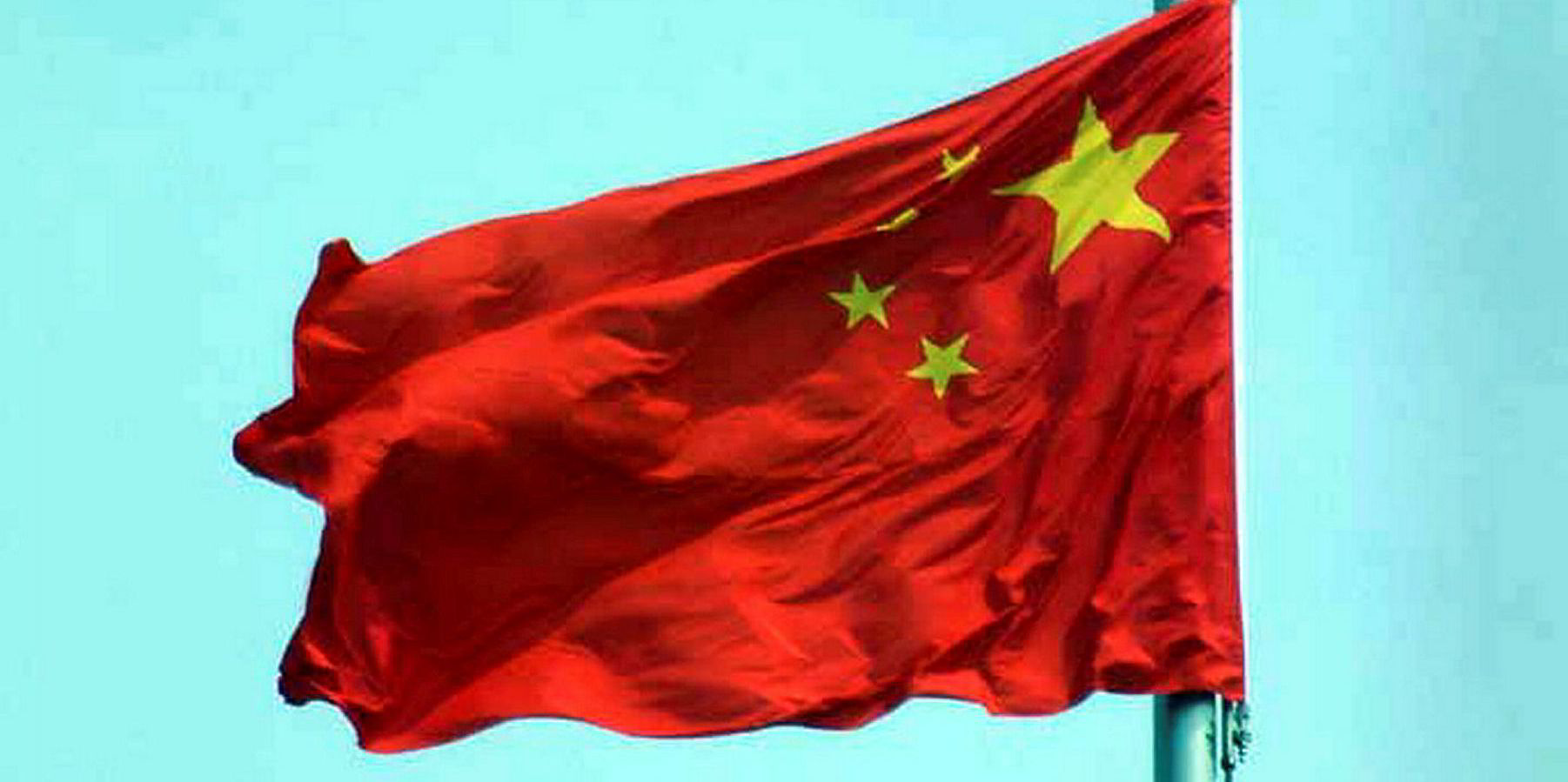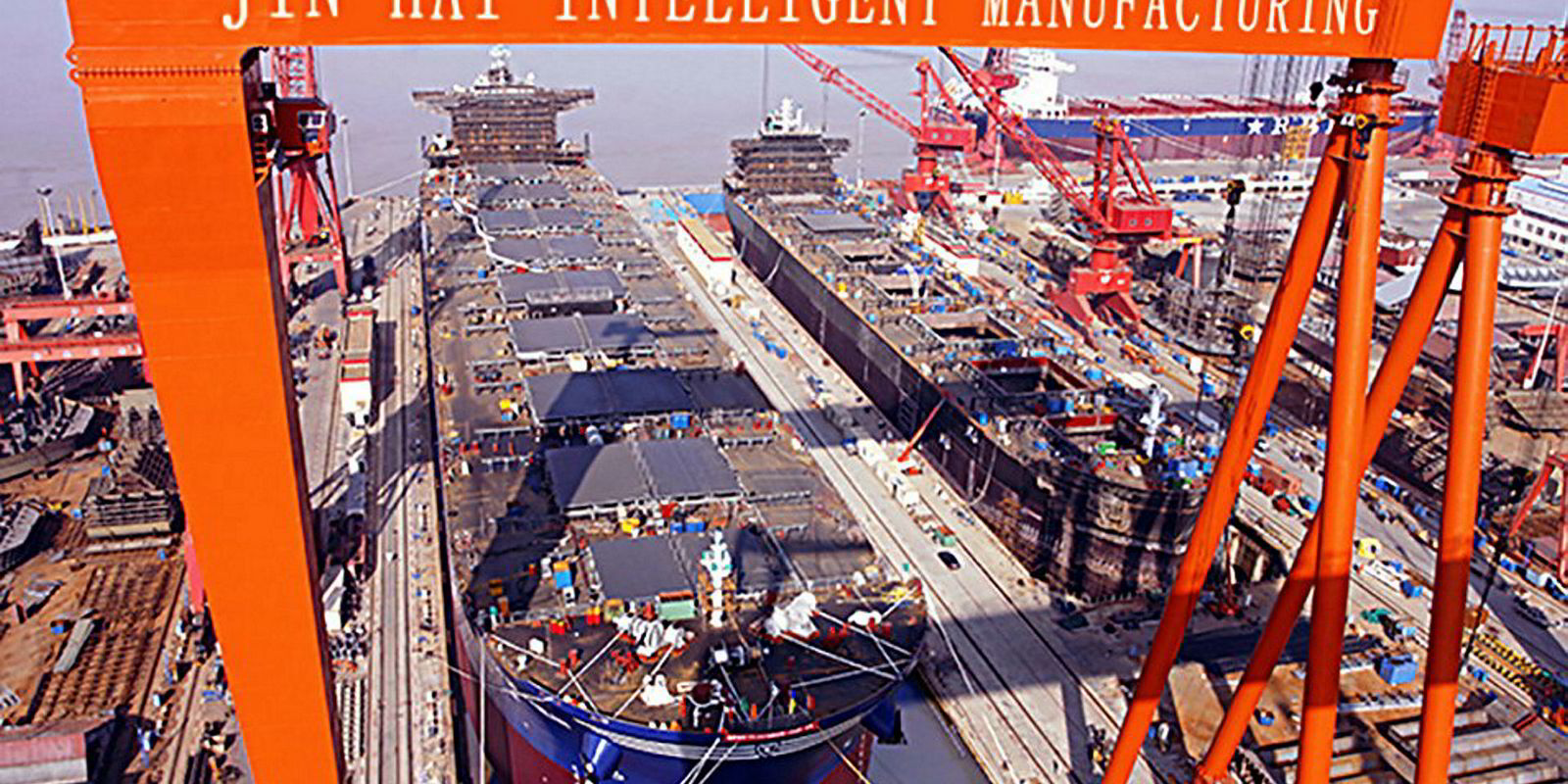Containership tonnage supplier SinOceanic Shipping is planning to sell part of its fleet in order to return equity to its cash-strapped Chinese parent, HNA Group.
TradeWinds understands that since October, Oslo-based SinOceanic has sold three ships of 9,400 teu to 13,100 teu, with charters to Mediterranean Shipping Co (MSC) attached.
"We are reducing the fleet," SinOceanic chairman and chief executive Jan Hakon Pettersen confirmed. "We are in the process of selling ships in order to return equity to our largest shareholder."
We are reducing the fleet. We are in the process of selling ships in order to return equity to our largest shareholder
Jan Hakon Pettersen
However, the sell-down is not being hurried as a result of HNA's high-profile cash crunch.
Low-key disposals
Pettersen said recent low-key ship disposals have come in response to HNA's request last summer to return equity to bolster its finances. The sales will continue into the coming year, with one deal likely in the first quarter.
"They expressed an interest in receiving back funds," he said. "Other than one panamax that is going to be redelivered this year and an 8,500-teu vessel, our ships are all on long-term charter, so what we are selling is the cash flow stream going forward.
"We will probably sell eight or 10 ships."
Pettersen said potential buyers include Chinese financial leasing houses as well as Western players.
The company now controls a total of 23 ships including seven newbuildings. The majority are vessels between 9,400 and 13,200 teu on charter to MSC. Four 2,500-teu ships are fixed to Maersk Line.
HNA originally set up SinOceanic in 2011 as a financial vehicle for containerships built at the group's Jinhai Heavy Industry, now known as Jinhai Intelligent Manufacturing.
Other investors have later come into the private company, and Pettersen said HNA's stake has been under 50% for a long time. HNA, a Haikou-headquartered conglomerate best known for its airline holdings, remains SinOceanic's largest shareholder.
"They are not in the majority, but close to it," Pettersen said.

He declined to identify other investors in the private company other than to say they are "spread all over the world". None are Chinese or Norwegian, with the exception of some executives like Pettersen with shareholdings that he described as insignificant.
Pettersen said the identities of ships sold are covered by confidentiality agreements.
However, shipping databases indicate that ownership of two MSC ships passed from SinOceanic single-ship subsidiaries to new owners in December. The 13,100-teu MSC Altair (built 2012) is now listed as owned by a subsidiary of China Development Bank, while the 9,411-teu MSC Desiree (built 2017) is now said to belong to an Italian-controlled entity, Blue Star Desiree.
Before those ships changed hands, broking reports in October said JP Morgan's Global Maritime had bought the 11,568-teu MSC Gayane (built 2018) for an unknown sum.
HNA origins
HNA Group, originally spun off from the provincial airline service of tropical Hainan island in 2000, burst onto the shipping scene over a decade ago with ill-timed transpacific containership venture Grand China Lines.
It also mounted an ambitious expansion in dry bulk just before the global financial crisis that led to a series of big-dollar chartering disputes that remain unresolved with companies including Spar Shipping and the receivers of liquidated Shagang Shipping.
The group describes itself as a privately owned concern ultimately controlled by a charitable trust. But its ownership has been the subject of speculation throughout its history because of its opaque corporate ownership structures, fearlessly litigiousness in jurisdictions around the world and a history of favourable treatment at a high level by the Chinese government, including encouragement for its programme of global corporate acquisitions.
However, last year China curtailed policy and credit support for HNA’s highly leveraged acquisitions of companies and shareholdings, which range from Hilton Worldwide Holdings to Deutsche Bank and Ingram Micro.
Within shipping, the company started off 2018 by selling its 12% stake in New York-listed shipowner Dorian LPG. It continued to dispose of ships from its fleet throughout the year, while shipping personnel left the company or were moved to core divisions such as aviation.
In November, TradeWinds reported on its plans to close down the "zombie" Jinhai shipyard.




